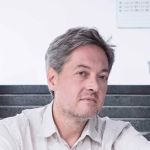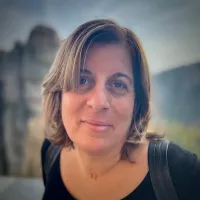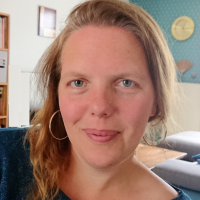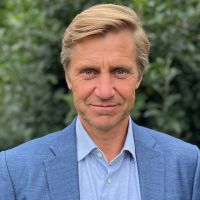Panel
Open & Trusted: Governing Knowledge in the Digital Age
Moderator

Pierre Mounier
Trust in the Balance: Securing Open Science in an Age of Misinformation
As AI and global tensions challenge science, how can we keep Open Science open and trustworthy? This panel explores how infrastructures like OpenAIRE, OPERAS, DOAB, and EOSC are tackling disinformation, promoting quality, and safeguarding public trust in research.
This panel confronts the critical tension between openness and security in today’s Open Science landscape. As AI revolutionizes research, it also introduces significant risks like disinformation and trust erosion. Compounding this, geopolitical strains force a reassessment of knowledge sharing, further undermining scientific trust. We are caught in an "information paradox": unparalleled access to knowledge alongside a public debate degraded by misinformation, shaking faith in science and democratic institutions. At the heart of this lies a vulnerable "public knowledge infrastructure" spanning research, education, and media. While openness is vital for progress, it demands careful governance.
This session will explore proactive strategies and collaborative solutions. We will examine how infrastructures like OPERAS, OpenAIRE, DOAB, and EOSC champion vetted, multilingual open research through transparency and initiatives such as the Information Quality Protocol (IQP). The discussion will focus on uniting diverse "knowledge workers," fostering citizen engagement, and rebuilding our knowledge infrastructure. Key themes include robust governance, quality standards, and collective action to safeguard reliable open knowledge, counter disinformation, and restore public trust. Ultimately, the panel will address how Open Science can securely foster an informed, resilient, and democratic society.
Panelists

Natalia Manola

Suzanne Dumouchel
